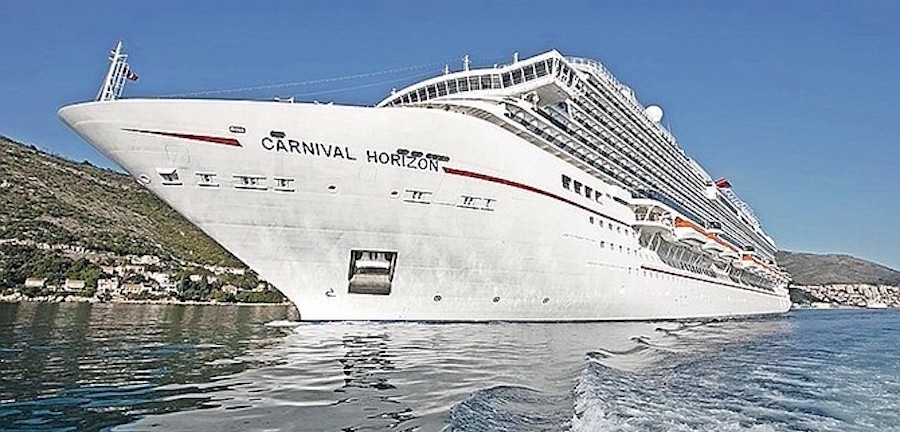NASSAU – Government officials launched an investigation and started direct talks with Carnival Corporation yesterday after reports that the cruise giant’s ships unlawfully dumped sewage and food waste in Bahamian waters.
Carnival ships dumped hundreds of thousands of gallons of treated sewage and more than 8,000 gallons of food waste in 2017, according to a US court-mandated report.
In so doing, the corporation violated the International Convention for the Prevention of Pollution from Ships (MARPOL) which specifies how food waste and sewage must be disposed of.
The US government has extracted millions from companies over the years by aggressively enforcing compliance with MARPOL, but it is not clear whether The Bahamas has the legislative framework in place to do the same. Local investigators will undertake their fact-finding mission at the beginning, by first determining whether Carnival’s ships were truly in Bahamian waters when the materials were dumped, The Tribune was told. Among the matters, they will assess is the environmental impact of the dumping –– Carnival officials said yesterday that there was no negative impact on marine ecosystems because the sewage released in Bahamian waters was treated and removed of contaminants.
Seven of Carnival’s ships are registered with the Bahamas Maritime Authority.
If incidents such as unlawful dumping occur on such ships, Carnival is required to report those incidents to the BMA. Since none of the ships said to have unlawfully dumped sewage and food waste in local waters were registered in the Bahamas, the corporation was required to report the incidents to the Port Authority, The Tribune understands. It is unclear if Carnival complied with this requirement in every instance.
Reports of the dumping were revealed in a recently released report by a US court-appointed monitor. The monitor was required to review Carnival’s activities after the corporation pled guilty to vessel pollution and efforts to conceal that pollution in 2016. The corporation was placed on probation.
Opposition leader Philip “Brave” Davis yesterday said the government must assess what damage Carnival may have caused and to remedy that damage at a cost to the corporation.
“It is an alarming revelation that our waters have been polluted and I would hope that some assessment could be made to determine what impact it would have had on our ecology and if there is any consequence and if there is an impact that further assessments could be made to determine how it could be remedied at the cost of Carnival,” Mr Davis said. “I note from stories several weeks ago that Carnival was in fact on probation by the authorities in the United States. It’s necessary for the government to take note of what’s going on and see how we could remedy any damage to the Bahamas.”
According to the MARPOL convention, treated sewage can only be discharged at a distance of more than three nautical miles from the nearest land; Carnival has a self-imposed requirement of 12 nautical miles.
Carnival officials blamed its dumping on a misunderstanding of the Bahamian archipelagic baseline.
Casuarina McKinney-Lambert, president of Bahamas Reef Environment Educational Foundation, said environmentalists remain deeply concerned about the issue of cruise ship dumping at sea.
“This is not a one-off issue,” she said. “The growing cruise industry brings with it environmental issues that must be addressed. We need to have a comprehensive and enforceable Environmental Protection Act and much more stringent monitoring and tougher enforcement for our own waters.
“We do not currently have adequate standards for cruise ship pollution, and even the basic standards are clearly not being adhered to. We should require large cruise ships to treat their wastewater to the point where it would meet the water quality criteria designed to protect human and aquatic life. We need to ensure that our waters and food sources are protected. The Bahamas depends on clear clean water for our very survival – from food security and a healthy marine environment for locals and visitors to enjoy.”
She added: “It is estimated that cruise operators discarded over one billion gallons of sewage into the ocean in 2017. Much of this black water still contained dangerous levels of contaminants from faecal matter, bacteria and heavy metals. There are numerous instances around the world where people have become ill from coming in contact with inadequately treated sewage from cruise ships, or through eating contaminated seafood. Coral reefs are particularly vulnerable to pollution.”
(The Tribune)




